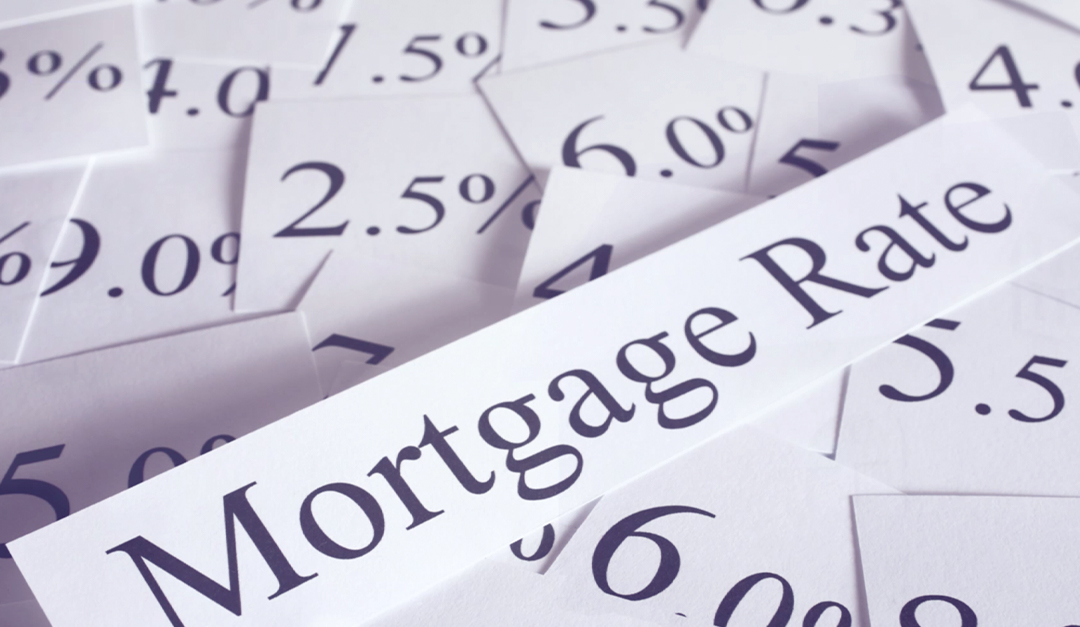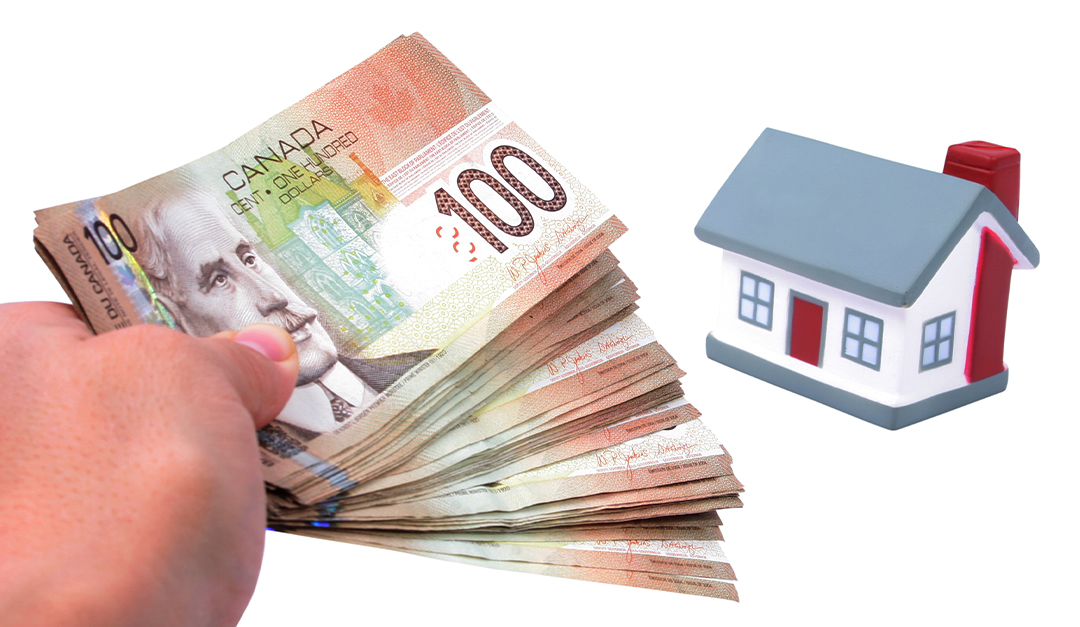For years, the Canadian economy has benefited from historically high housing prices in some of its biggest housing markets. But as the market enters a serious correction in 2018, what does that mean for the industry? There may be a few changes ahead.
The economy grew by just 1.3 per cent in the first quarter of 2018, largely the result of lacklustre housing activity.
With activity steadily dropping in some major markets, the economy won’t be able to rely on red hot housing prices in the next two years, as most economists predict activity won’t pick back up in a big way until at least 2020.
Last month, Canada’s major banks reported a serious cut in their mortgage applications, with some banks predicting that applications would be cut in half by the end of the year. Mortgage credit hasn’t been this low since 2001, a sign that Canadian homeowners are putting more money toward their monthly payments.
While uncertainty in the housing market has kept the Bank of Canada from rising interest rates since January, most economists are predicting at least one more interest rate hike before the end of the year. The Bank hiked the overnight rate to 1.25 per cent in January. As interest rates rise, so too will mortgage payments.









